Asia
ASHM provides comprehensive awareness programs, training, and resources to empower individuals, communities, and healthcare professionals in Asia.
Together, we strive to prevent the spread of infections, promote healthy behaviors, and improve overall sexual health in Asia.
Projects
Global Project
Strengthening Young Key Population Services in the Philippines
Funded by the World Health Organisation, ASHM provided technical assistance to support the National HIV program in the Philippines to achieve the Philippines AIDS medium term plan 2016- 2022 and HIV Health Sector Plan Targets.
Global Project
Development of a Chemsex Toolkit for Clinical Service Providers in Cambodia, Indonesia and the Philippines.
The chemsex toolkit is a guide for clinical service providers to support the delivery of patient centred care and provide harm reduction strategies to improve clients’ sexual, physical and psychological health.
Conferences and Events
Discover our events calendar, featuring impactful health conferences and educational gatherings. Join health professionals, researchers, and community organisations in HIV, BBV, sexual health and other health fields. Explore our calendar to find engaging opportunities tailored to your interests and professional development.

